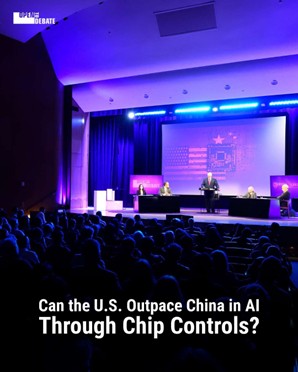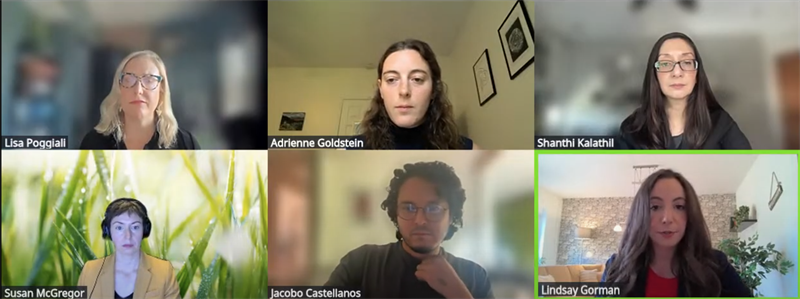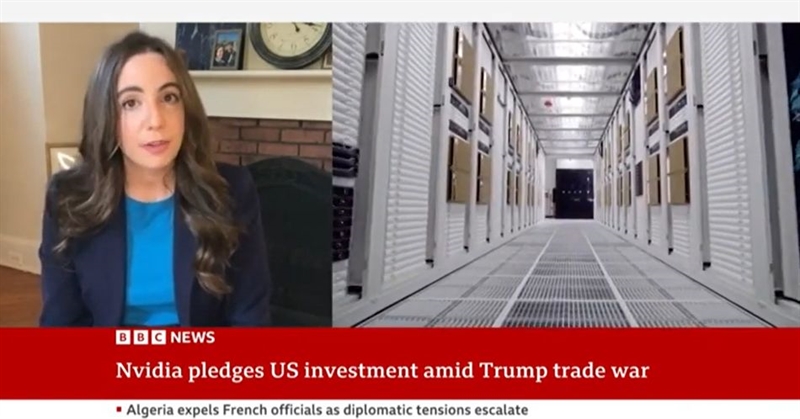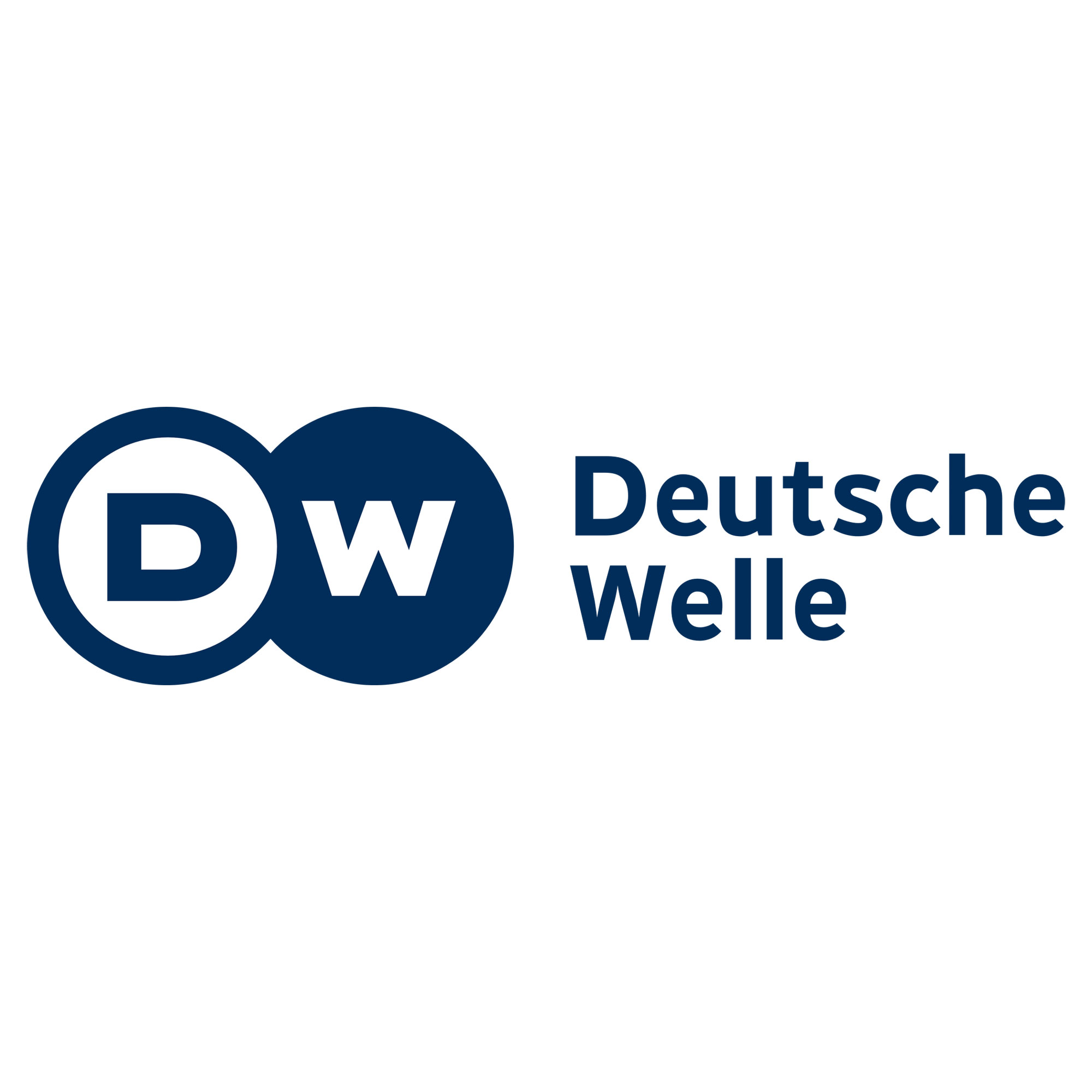TransatlanTech Insider—May/June 2025 Edition
Welcome to the May/June edition of the TransatlanTech Insider.
Greetings from Europe, where digital sovereignty is the term on everyone’s lips. The strategic awakening on technology in Brussels, Paris, Berlin, and beyond is here, and it has a distinctively reactionary flavor. Political developments in Washington have spurred concerns about overreliance on US technology. As one European official put it in reference to the continent’s slothful recognition of geopolitical cyber threats from Russia and China, “You can’t wake a coma patient with an alarm clock. You need medicine. Donald Trump is that medicine.”
Conversations about the bloc’s technological competitiveness and defense infrastructure are heating up and, despite the tone, they may be ultimately welcome in Washington. Officials and experts there have long been calling for a more competitive and resilient Europe, especially on defense. Some US technology firms, such as Microsoft, are seeking to reassure policymakers of their commitment to Europe, while many push to build new international infrastructure and supply chains. OpenAI plans to construct massive data centers in the United Arab Emirates in a consortium with Oracle, Nvidia, Softbank, Cisco, and G42. JPMorgan’s Jamie Dimon announced the bank’s plans to deepen engagement with China.
In this month’s newsletter, GMF Technology announces the publication of its new report on democracy-affirming technologies, highlights participation in National Public Radio’s (NPR) “Open to Debate”, and provides insider reactions to key technology developments and news. Subscribe to receive future newsletter editions, follow us on X, and visit our webpage to learn more.
Featured This Month
Lindsay Gorman Featured in NPR’s “Open to Debate” on Chip Controls and US-China AI Competition

Managing Director and Senior Fellow Lindsay Gorman appeared on the program, presented in partnership with Johns Hopkins University, on May 14. In an Oxford-style debate, she joined former US Congressman and CIA officer Will Hurd to argue in favor of semiconductor export controls on China by highlighting their international importance. Gorman and Hurd diverged from Yale Law School lecturer and former US diplomat Susan Thornton and DGA-Albright Stonebridge Group Partner Paul Triolo on this issue, and on whether China’s drive for technological dominance was ideological or economic.
GMF Technology Released Report, Hosted Event on Democracy-Affirming Technologies

GMF Technology hosted on May 30, “Redefining Resilience: Embedding Democratic Values in Technological Innovation”. The event coincided with the release of a report, “Democratic by Design: Implementing and Innovating Democracy-Affirming Technologies”, that offers recommendations based on GMF Technology’s work to pilot content credentials in the 2024 elections, and the team’s AI and Democracy Hackathon. The discussion featured report authors Gorman and Senior Program Coordinator Adrienne Goldstein alongside WITNESS Technology Threats and Opportunities Coordinator Jacobo Castellanos, Columbia University Data Science Institute Research Scholar Susan McGregor, International Foundation for Electoral Systems Global Digital Democracy Adviser Lisa Poggiali, and GMF Visiting Senior Fellow Shanthi Kalathil, all of whom explored how the public and private sectors can shape innovation ecosystems that uphold democratic values.
Gorman Featured in BBC News on Technology and US-China Tariffs

Gorman spoke during a segment on Nvidia’s pledge to invest in the United States. She discussed electronic and semiconductor exemptions in current American and Chinese tariffs, and their implications for US national security and technological leadership.
Media Mentions

Byte-Sized Bulletin
AI and Democracy
- Google and Meta recently unveiled new AI chatbots. Google introduced “Gemini Apps”, a chatbot with child-safety features for users under 13 to prevent hallucinations and exposure to unsafe content, while Meta announced a stand-alone chatbot competitor to ChatGPT.
- The EU Commission missed its key May 2 deadline to publish the AI Act’s General-Purpose AI Code of Practice. The delay comes as the White House has raised concerns about the regulation’s ability to stifle innovation.
“The missed AI Act deadline reflects the competing priorities involved in shaping AI regulation, for which balancing innovation, industry input, and user safety remains an ongoing challenge."
— Caitlin Goldenberg, former Program Coordinator
- Trump’s removal of the duty-free de minimis exemption for low-cost Chinese and Hong Kong goods led to a drop in digital ads from discount sellers, impacting revenue for Big Tech platforms such as Google and Meta.
- China’s Huawei has developed a new AI processor, the Ascend 910D, which it has positioned as a potential alternative to chips from US-based Nvidia chips amid ongoing US-China export restrictions.
"Huawei’s newest Ascend chip illustrates one way that China is working around US restrictions on advanced AI semiconductors—by leaning on scale and an abundant energy supply. The effort underscores a structural challenge to export control policies. They must evolve continuously to remain effective, yet the administrative machinery for such iteration remains underdeveloped and underfunded."
— Dylan Welch, China Technology Analyst
- The EU fined Apple and Meta for violating the Digital Markets Act by using their market dominance to impose unfair conditions on users and businesses. One violation the complaint alleges is Meta’s requirement that users either consent to ad targeting or pay for a subscription. The move comes amid heightened antitrust scrutiny, as US trials over Google’s dominance in search and advertising enter the remedies phase.
- EU Commission President Ursula von der Leyen announced a two-year, €500 million investment to attract researchers to Europe at a time of Trump administration cuts to US research funding.
- Friedrich Merz became the chancellor of Germany on May 6. This will impact the country’s approach to technology policy and China. Merz will create a new ministry for research, technology, and aerospace — joining the first two portfolios for the first time in three decades.
"Recent 'Choose Europe for Science' announcements from von der Leyen and [French President Emmanuel] Macron, with promises to channel EU and member-state funding toward researchers impacted by US funding cuts, could represent a lifeline for areas such as climate and biodiversity research. New initiatives could also help address the brain-drain problem highlighted in discussions of EU competitiveness, especially in key areas such as artificial intelligence, as many EU-trained researchers have moved abroad."
— Julia Tréhu, Program Manager & Fellow
The Download
- The Bank of Italy’s report, "Between sanctions and subsidies: reshaping the semiconductor ecosystem," cited data from the GMF Technology Semiconductor Investment Tracker.
- Julia Tréhu spoke at the Istituto Affari Internazionali Transatlantic Symposium in Rome, which featured discussions of transatlantic strategies to secure critical minerals and build resilient semiconductor supply chains.
- Lindsay Gorman spoke at the Global Solutions Initiative’s 2025 summit. Her panel, “Digital Sovereignty at a Crossroads: the Fragmenting Global Tech Regulatory Landscape", addressed key policy challenges facing global governance forums. Deputy Managing Director Astrid Ziebarth also attended the summit.
- China Technology Analyst Dylan Welch served as a judge for the 2025 Schuman Challenge, an academic competition for undergraduate students from US colleges and universities to engage in dialogue on artificial intelligence as a transatlantic initiative.
- Visiting Senior Fellow Pamela Park participated in the EU-US Young Leaders Seminar on artificial intelligence in Brussels.
GMF Technology is dedicated to ensuring that democracies together win the strategic technology competition with autocrats.
Caitlin Goldenberg and Adrienne Goldstein coordinated this month’s TransatlanTech Insider.


